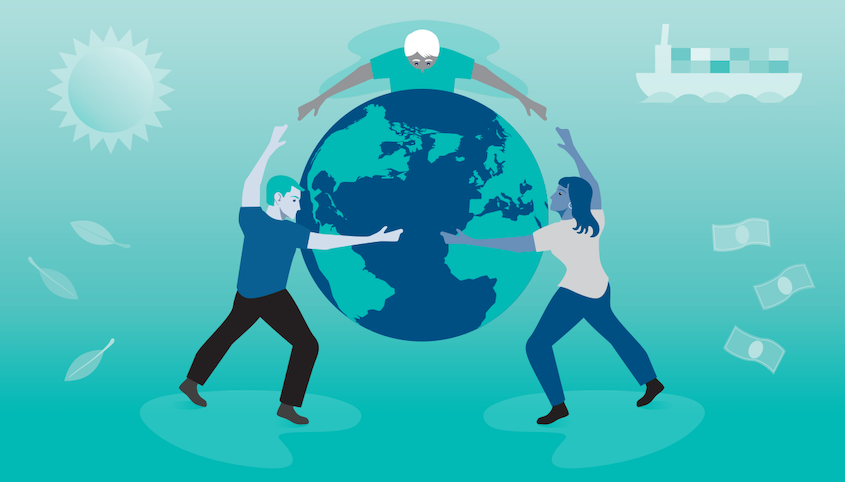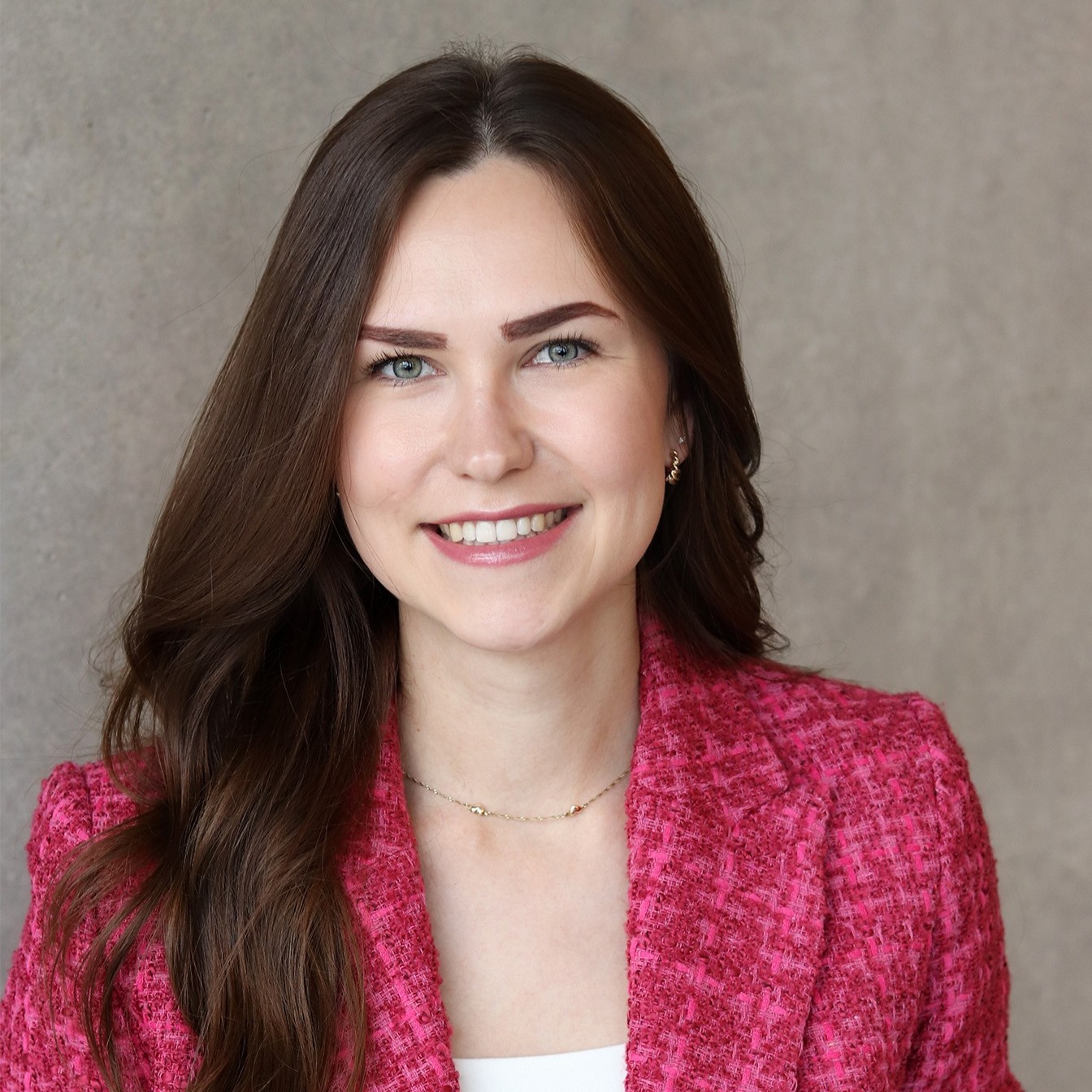
(De)Romanticizing Uncertainty at the Transatlantic Science-Policy Interface?
Insights from a U.S.-German Case Study
Speaker: Finja Isabel Augsburg, DAAD/AGI Research Fellow
Moderator: Susanne Dieper, Director of Programs and Grants, AGI
When and how might the next pandemic emerge? Which regions are likely to experience extreme weather events in the coming year? Will rising sea levels cause severe flooding in beloved coastal towns? Questions like these, rooted in science, yet deeply entangled with politics and public concern beyond national borders, highlight how uncertainty sits at the core of contemporary socio-scientific issues. Scientific uncertainty reflects the evolving, provisional nature of scientific knowledge and confronts us with the fact that complex questions often cannot be solved with simple answers.
Although scientific uncertainty can provoke doubt outside scientific circles, it has increasingly been recognized as a catalyst for national and international science-policy cooperation, fostering recognition of its constructive role in the decade preceding the pandemic. COVID-19 marked a turning point. It was a clear call to action to reconsider how to convey what science does not (yet) know and why scientists may disagree, without undermining the trust of decision-makers and the public.
In light of shifting political agendas and the growing strategic instrumentalization of science and its uncertainties by political actors on both sides of the Atlantic, this webinar considers resulting implications for German-American collaboration and science diplomacy efforts. Drawing on an interview study with intermediaries bridging transatlantic science and policy arenas, it explores how scientific uncertainty shapes, challenges, or sustains transatlantic cooperation on socio-scientific issues such as climate change. This webinar further discusses whether previously idealized views of uncertainty must give way, at least for now, to a more pragmatic assessment of what has been lost, what is at risk, and what remains to build upon at the transatlantic science–policy interface in times of crisis.
 Finja Isabel Augsburg is a doctoral researcher and project associate at the University of Erfurt, Germany. She is affiliated with the Institute for Planetary Health Behaviour and conducts in-depth research on science communication amid socio-scientific crises. Her work connects international relations and communication studies through the co-creation of new approaches to navigating scientific uncertainty with policy and media stakeholders.
Finja Isabel Augsburg is a doctoral researcher and project associate at the University of Erfurt, Germany. She is affiliated with the Institute for Planetary Health Behaviour and conducts in-depth research on science communication amid socio-scientific crises. Her work connects international relations and communication studies through the co-creation of new approaches to navigating scientific uncertainty with policy and media stakeholders.
Her professional experience spans theoretical and practical work in transatlantic contexts, including positions at the Goethe-Institut Washington, DC, the U.S. Embassy Berlin’s Public Diplomacy Section, and a visiting scholar role at the University of Texas at Austin’s Center for Media Engagement at Moody College of Communication.
During her tenure at AGI, Finja will focus on the increasingly prominent scientific uncertainty surrounding socio-scientific issues, exploring its role as political dynamics and agendas shift in Germany and the United States. By synthesizing insights from recent literature and conducting interviews with science-policy practitioners, her project aims to advance understanding of the risks and opportunities uncertainty presents for sustaining transatlantic dialogue on planetary health.
She previously presented her research on the role of scientific uncertainty in science diplomacy efforts as a panelist at the 2024 DWIH Future Forum at Johns Hopkins University in Washington, DC, and contributed to a corresponding edited volume, currently in press.
This event is supported by the DAAD with funds from the Federal Foreign Office.






